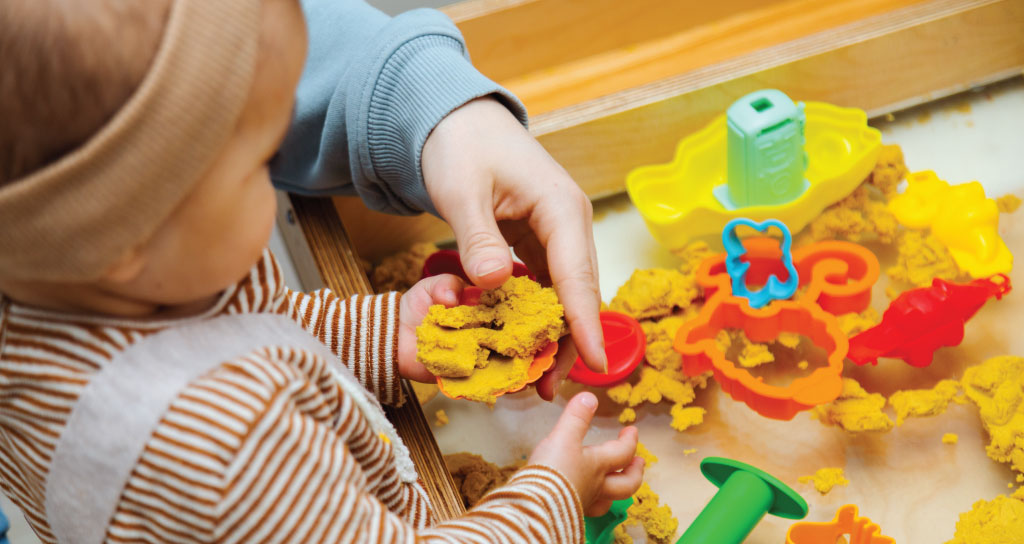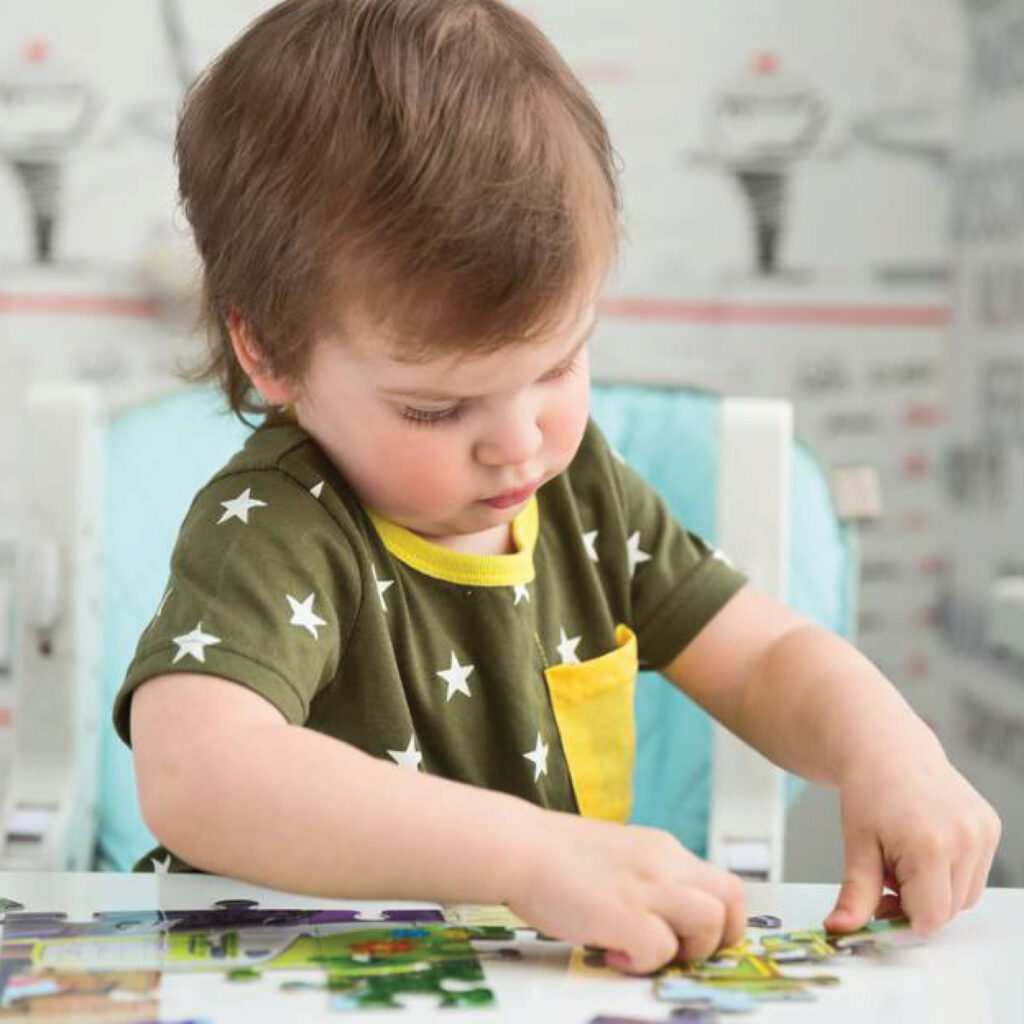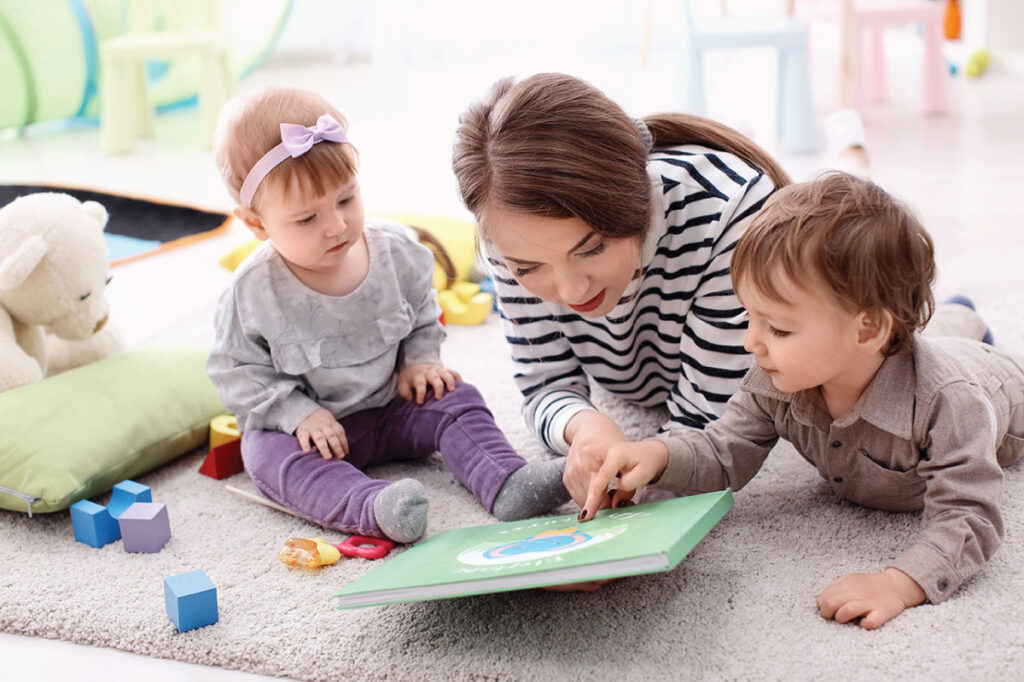Play is not just a frivolous pastime for children; it is their essential work. It’s through play that children embark on a journey of self-discovery, cognitive development, and understanding of the world around them. Far from being merely a source of amusement, play is a crucial component of a child’s growth and a window into their inner world.
The Work of Play
Jean Piaget, a renowned Swiss psychologist, famously said, “Play is the work of childhood.” This perspective underscores the profound importance of play in a child’s life. When children engage in play, they are not merely passing the time; they are actively building their cognitive, physical, and social skills.

Learning Through Play
Cognitive Development: Play allows children to experiment, problem-solve, and use their imagination. Whether they’re building with blocks, creating stories with dolls, or solving puzzles, they are developing critical thinking skills.
Language Skills: Pretend play, such as playing house or acting out stories, enhances language development. Children learn new words and improve their communication as they engage in imaginative dialogues.
Social Skills: Through play, children learn to interact with others, negotiate, share, and resolve conflicts. These social skills are invaluable for their future relationships.
Physical Development: Active play, whether running, climbing, or dancing, contributes to physical strength, coordination, and motor skills.

Children learn as they play; most importantly, in play, children learn how to learn.
Dianne Fey Tweet
Emotional Expression and Regulation
Play also serves as a channel for emotional expression. Children can use play to convey their feelings, whether joy, anger, or sadness. This helps them understand and manage their emotions, a critical life skill.
The Role of Imagination
Imagination is the driving force behind play. When children engage in imaginative play, they create scenarios, characters, and worlds. This imaginative capacity allows them to explore ideas and concepts beyond their immediate reality.
Play as Exploration
Children are naturally curious, and play is their tool for exploring the unknown. They use play to experiment, test boundaries, and discover cause-and-effect relationships. Whether they’re building with sand, observing insects, or conducting simple experiments, play is their gateway to scientific exploration.
The Importance of Unstructured Play
Unstructured play, where children have the freedom to decide what and how they play, is particularly crucial. It encourages creativity, independence, and self-directed learning. It’s during these unscripted moments that children often make some of their most profound discoveries.
Parental Support and Facilitation
Parents and caregivers play a vital role in supporting children’s play. Providing a safe and stimulating environment, offering age-appropriate toys and materials, and participating in playtime with children all contribute to their development.

Play is not just a pastime; it’s the essence of childhood. It’s how children make sense of the world, develop essential skills, and explore their own potential. As adults, we should recognize the value of play and provide children with the time, space, and encouragement they need to engage in this important work of childhood. Through play, children embark on a lifelong journey of learning and self-discovery.





